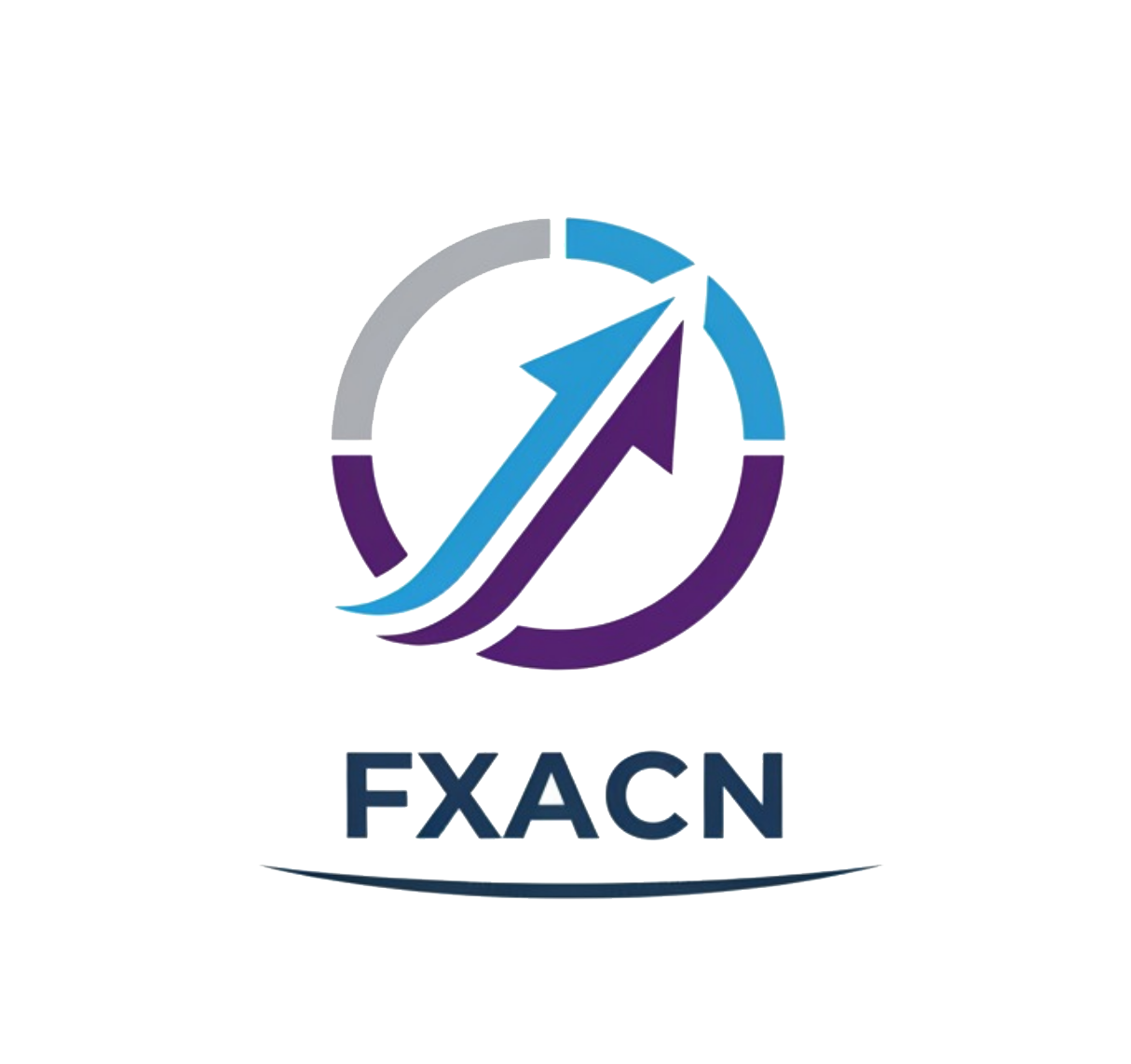Introduction
Tastytrade, formerly known as Tastyworks, is a significant player in the online trading and financial education market, primarily catering to options and futures traders. Founded in 2017 and based in Chicago, its unique selling proposition lies in its mission to leverage education to help traders make more informed decisions. Given the competitive and often volatile nature of the forex and options markets, traders must be cautious when evaluating brokers. The risk of falling victim to scams or engaging with unreliable trading platforms necessitates a thorough examination of brokers like Tastytrade.
This article aims to answer the question: Is Tastytrade safe? To achieve this, we have conducted a multifaceted analysis grounded in the latest available data and trader reviews, focusing on regulatory compliance, company history, trading conditions, customer security measures, client feedback, and overall trading experience.
Regulatory Status and Legitimacy
A broker’s regulatory status is a paramount consideration for traders, serving as a safeguard against potential misconduct. Tastytrade claims to be regulated by several authoritative bodies, including the National Futures Association (NFA), which oversees futures and options trading in the U.S. Below is a summary of Tastytrade’s core regulatory information:
| Regulatory Agency | License Number | Regulatory Area | Verification Status |
|---|---|---|---|
| NFA | 0492333 | United States | Active |
Tastytrade operates under the guidance of the NFA and complies with its regulations, which aim to protect investors and ensure fair trading environments. However, there are reports from various sources indicating that the NFA’s licensing may be perceived as “suspicious,” raising red flags for potential investors. It is crucial for traders to understand the implications of working with a broker that operates under scrutiny and to evaluate the track record and compliance history of Tastytrade. While the broker provides transparency in its operations, its self-reported compliance should be scrutinized against third-party evaluations and reviews.
Company Background Investigation
Tastytrade was established by notable financial industry figures including Tom Sosnoff, who co-created the trading platform ThinkorSwim. Tastytrade’s corporate structure presents a compelling narrative; the company was acquired by IG Group Holdings, which indicates a solid backing from a larger financial entity, offering some level of assurance regarding its operations. The management team consists of seasoned professionals with decades of experience in financial markets, which enhances the credibility of Tastytrade as a legitimate broker.
However, transparency regarding certain business practices, fundraising, and ownership details should be inspected closely. For example, while Tastytrade does offer various types of accounts and trading options, its lack of comprehensive details on features like investor protection could be a cause for concern. In summary, while Tastytrade operates under experienced leadership and provides educational resources, potential clients should still proceed with caution, maintaining awareness of the broker’s unique challenges.
Trading Conditions Analysis
The trading conditions offered by Tastytrade mark a crucial aspect of its appeal for traders seeking low-cost options. The brokerage features a transparent fee structure with no minimum deposit requirement, but it’s essential to explore any fees that could impact profitability.
| Fee Type | Tastytrade | Industry Average |
|---|---|---|
| Major currency pairs spread | Competitive | Varies |
| Commission model | $1 per contract, capped at $10 | $0.50–$1 |
| Overnight interest range | 5%–8% | 4%–6% |
This comparative table illustrates the competitive pricing on options trading, particularly the capped commission that sets Tastytrade apart from many other brokers. Nevertheless, like many platforms, it often requires users to scrutinize additional fees related to wire transfers and services that could frustrate measurement of true costs. One strategy traders can take is to keep records of trading costs to understand the actual expenses better.
Customer Funds Security
The security of customer funds is one of Tastytrade’s priorities, and many aspects of their policies deserve closer inspection. The firm asserts that it employs various measures to protect customer data and capital. This includes the segregation of client funds and membership with the Securities Investor Protection Corporation (SIPC), which provides up to $500,000 in insurance (including $250,000 in cash) should the brokerage become insolvent.
However, critics note that Tastytrade does not offer negative balance protection, a key safeguard for traders utilizing margin accounts or trading volatile instruments. Potential traders should evaluate whether the absence of negative balance protection is acceptable within their risk management strategies and should remain vigilant about their trading activities. Furthermore, historical incidents or security vulnerabilities linked to Tastytrade’s infrastructure, if any, should be considered.
Customer Experience and Complaints
Customer reviews frequently reveal the strengths and weaknesses of any brokerage, and Tastytrade is no exception. Many users lauded the platform for its user-friendly interface, robust educational resources, and excellent customer support. However, there are also common complaints regarding slow execution speeds and limited research material, which could hinder traders who rely heavily on in-depth analysis.
The following table outlines the primary types of complaints received about Tastytrade and their severity:
| Complaint Type | Severity | Company Response |
|---|---|---|
| Slow platform performance | Moderate | Quick response |
| High withdrawal fees | High | Addressed post-feedback |
| Lack of educational resources | Low | In development |
For example, some users have reported that the execution of trades can lag, causing them to miss opportunities. In response to complaints, the customer support team demonstrates quick turnaround times for queries, often addressing issues effectively. This contrasts with the complaints landscape, highlighting that while Tastytrade offers some appealing features, there are critical concerns that the company must tackle to improve overall trader satisfaction.
Platform and Trade Execution
Tastytrade’s trading platform is aimed at meeting the needs of active traders, particularly those focusing on options and futures. Many users report that the platform provides a plethora of features and tools necessary for complex trading strategies. However, performance issues such as slow execution during high volatility periods and frequent disconnections have raised questions about reliability.
Traders have also noted the absence of certain traditional features that can affect order execution quality. For example, reports regarding slippage or high incidences of rejected trades might be worrisome indicators for potential users looking for a smooth trading experience. Users should analyze how orders are processed and the factors influencing execution to value the overall platform performance more accurately.
Risk Assessment
Overall, the risks associated with trading through Tastytrade should be carefully evaluated before opening an account. The following risk scorecard summarizes the critical risk areas:
| Risk Category | Risk Level (Low/Medium/High) | Brief Explanation |
|---|---|---|
| Regulatory risk | Medium | NFA’s oversight lacks full recognition |
| Customer fund security risk | High | No negative balance protection available |
| Execution risk | Medium | Reports of slow fills and lagged executions |
| Reputation risk | Medium | Complaints suggest issues affecting trust |
To mitigate risks, potential traders should ensure they have a clear understanding of their trading preferences and risk tolerance. One suggestion is to utilize strategies that prioritize risk management, such as employing stop-loss orders when managing volatile portfolios.
Conclusion and Recommendations
In conclusion, after thorough investigation and analysis, it can be stated that Tastytrade is not a scam. Nevertheless, users and potential clients should remain vigilant. Despite its competitive commission structure and robust educational resources, there are concerning elements including regulatory scrutiny and customer fund safety concerns that could compel investors to reconsider.
For traders interested in options or futures trading and who are comfortable navigating certain risks, Tastytrade could be a good choice. However, for less experienced traders or those seeking mutual funds and comprehensive research tools, it may be wise to explore alternative brokerages such as E*TRADE or Charles Schwab, which offer more comprehensive services.
Ultimately, whether Tastytrade is safe depends largely on the trader’s level of expertise, comfort with inherent market risks, and the necessity for robust customer support and educational resources.


